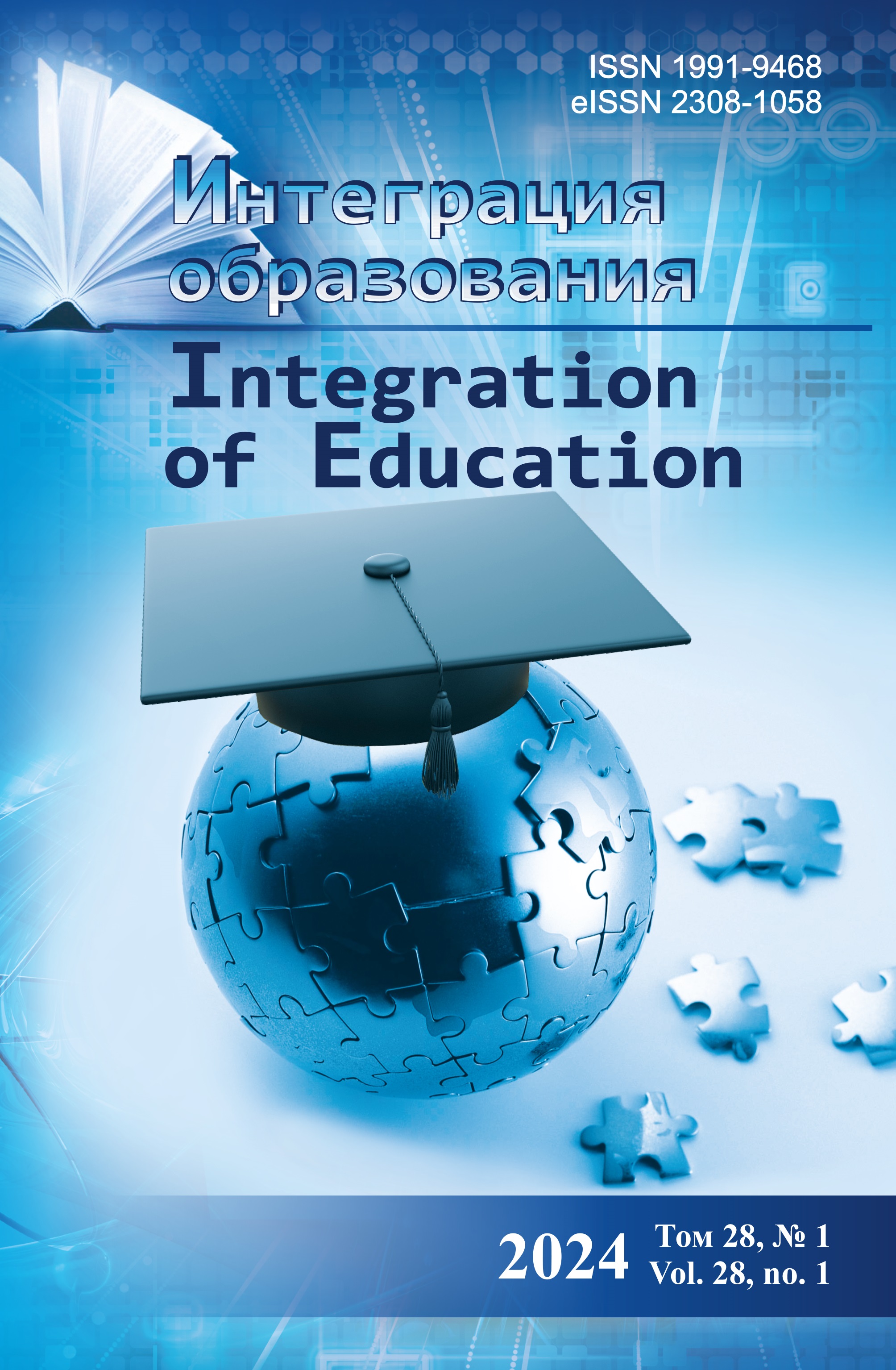UDK 37.034-053.6
DOI: 10.15507/1991-9468.096.023.201903.366-378
Preparation for Vocational Life-Skills Education Model Implementation for School Dropouts
Ibnu Syamsi
Associate Professor of Department of Special Education, Faculty of Education, Yogyakarta State University (No. 1 Colombo St., Yogyakarta Special Province, Indonesia), Dr., ORCID: https://orcid.org/0000-0003-2722-0321, Publons ID: https://publons.com/researcher/3083148/ibnu-syamsi, This email address is being protected from spambots. You need JavaScript enabled to view it.
Introduction. In this article, social data on adolescent school dropouts are presented alongside a discussion of efforts to improve their life skills and employability. A focus on life-skills education for dropouts living in rural areas reveals how important business skills are for improving employability. The research context and efficient activities for coping with the addressed issues are com prehensively described.
Materials and Methods. A previously developed Life-Skills Education model, involving field study, needs analysis, action research and evaluation, is elaborated to facilitate the collection of data related to the dropout rate and efforts to build soft skills to facilitate employability. Grounded theories on developing employability skills for dropouts are elucidated alongside real-world endeavours to provide a clear picture of what research objectives are achievable and how they can be achieved. Two districts – in Bantul Regency and Yogyakarta Special Province, Indonesia – were selected for the study, in which two sample groups of dropouts were involved in a set of planned activities. Observation, interview, survey and documentation were the main techniques employed.
Results. The obtained results allow a fresh perspective to be obtained on the number and quality of school dropouts in the researched districts, as well as potential solutions for improving their life skills. Specifically, they include the following: (1) As many as 164 identified adolescent dropouts were found to live in the researched rural areas, of which 75% were unemployed, thus requiring appropriate life-skills education. (2) Twenty trainer-tutors were selected according to specific criteria and provided with a set of developed materials of respective knowledge and skills to be taught over the course of a one-month training programme. (3) In both districts, tutors accomplished the pedagogical content knowledge based training programme had improved their knowledge, attitudes, and motivation by the average gain score of 32.30, 3.15, and 5.55 respectively.
Discussion and Conclusion. This paper suggests that the study has successfully prepared the implementation of Life-Skills Education model through its applied stages and recommends that (1) continuous Life-Skills Education programmes to improve the business skills of teenage dropouts should be carried out by managing and developing the qualifications of the tutors and by providing appropriate vocational skills suitable with their needs, and (2) that the contribution of educational interventions on pedagogical content knowledge in interdisciplinary domains might be further analysed.
Keywords: model, life-skills, education, dropout, vocational education, pedagogical content knowledge
Funding: This research was financially supported by the General Director ate of Higher Education.
For citation: Syamsi I. Preparation for Vocational Life-Skills Education Model Implementation for School Dropouts. Integratsiya obrazovaniya = Integration of Education. 2019; 23(3):366-378. DOI: https://doi.org/10.15507/1991-9468.096.023.201903.366-378
The author has read and approved the final manuscript.
Submitted 28.02.2019; revised 17.04.2019; published online 30.09.2019.

This work is licensed under a Creative Commons Attribution 4.0 License.



























